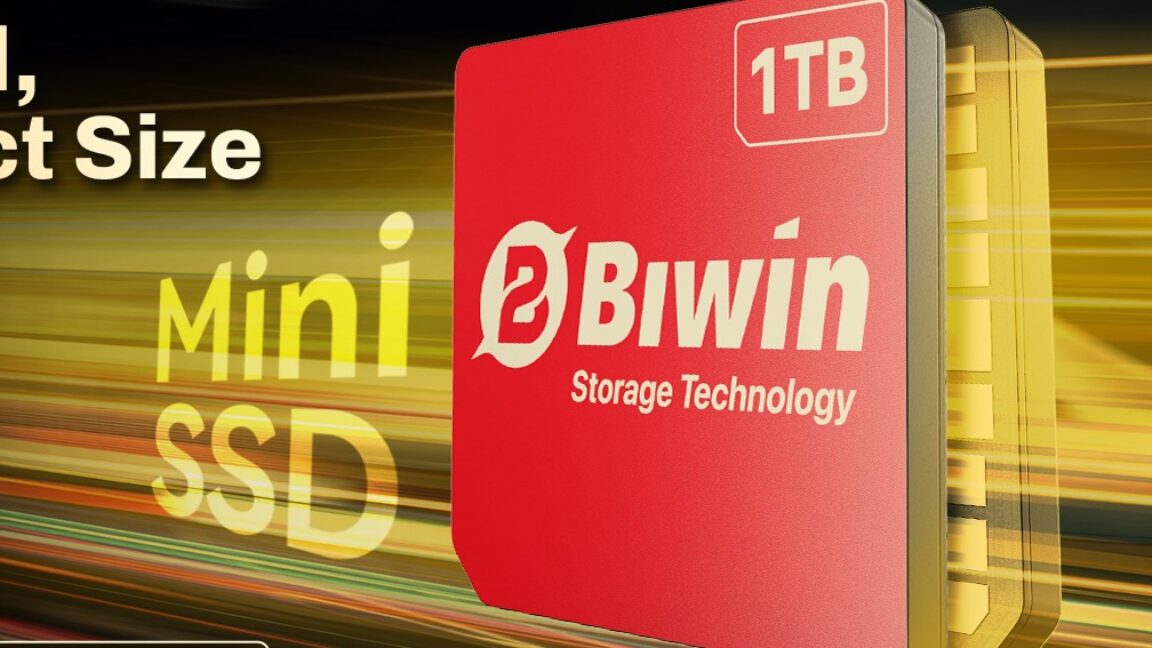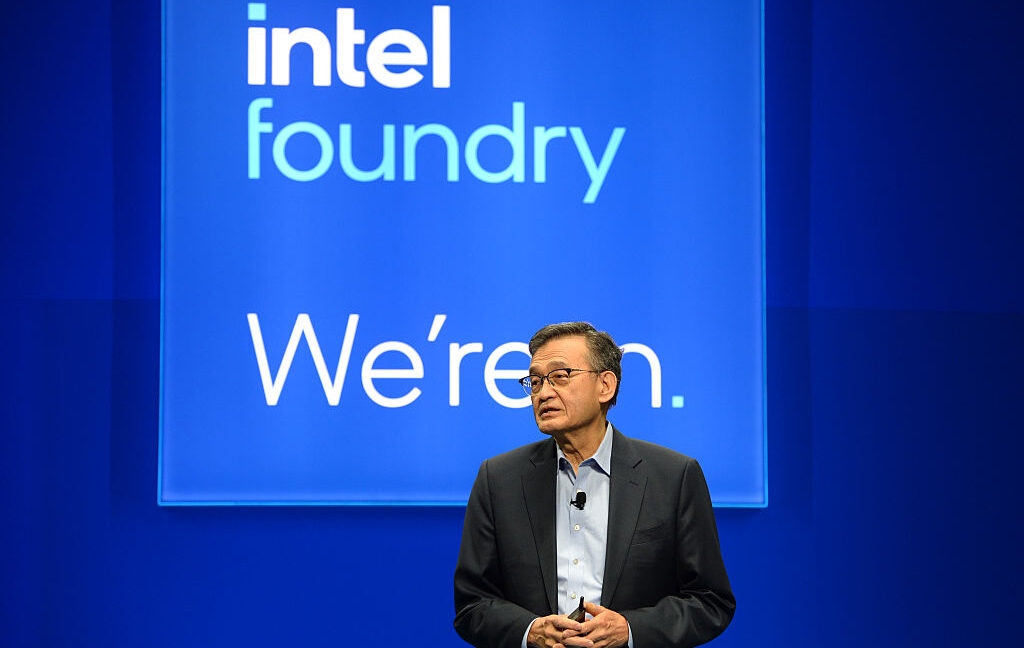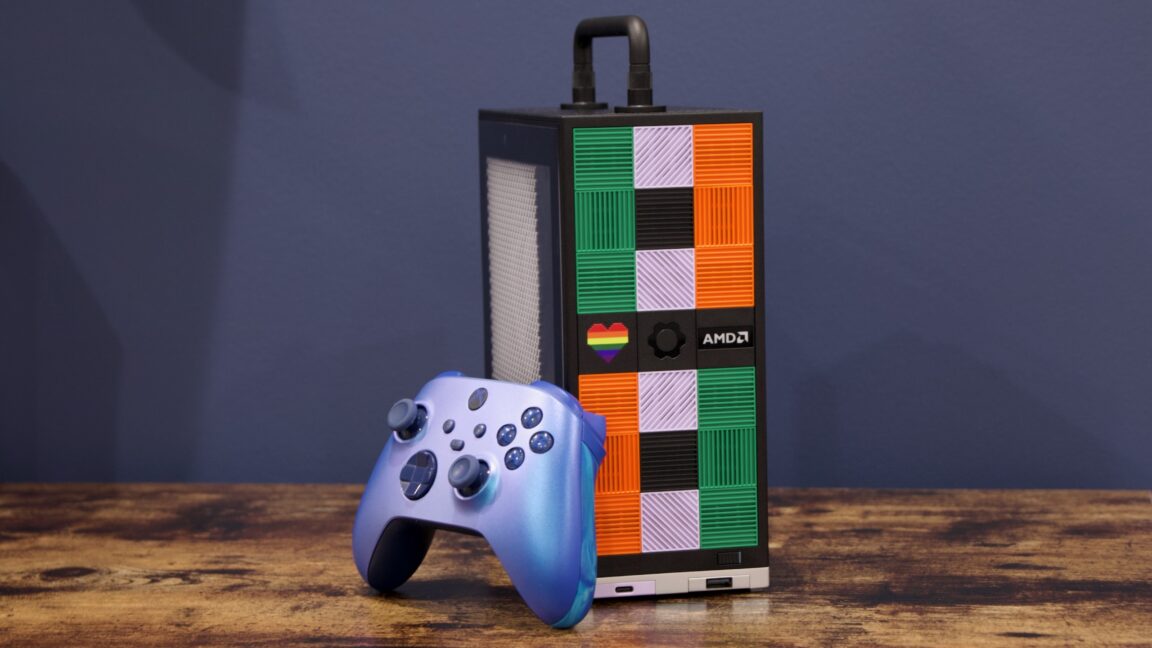Innovative Mini SSD: Reshaping Gaming Storage

Earlier this year, the microSD Express standard gained notable attention due to Nintendo's requirement for it in their new Switch 2 console. Emerging in 2019, this specification had been relatively underutilized because traditional microSD cards were adequate for most users, and hardware support for the Express version was lacking.
Nintendo's latest console required performance mirroring that of an internal SSD to support games initially developed for platforms equipped with advanced SSDs like the PlayStation 5, Xbox Series, and high-spec PCs. This need has driven companies to explore advanced 'fast, removable storage' options.
A potential breakthrough comes from Biwin, a Chinese company, with its development of the 'Mini SSD.' Reportedly, this compact storage solution measures only 15 by 17 mm and boasts read speeds up to 3,700MB per second, thanks to a dual-lane PCIe 4.0 interface. In real-world terms, while the microSD Express can theoretically reach similar speeds, most current cards peak around 900MB per second, equivalent to a single PCI Express 3.0 lane's bandwidth.
First showcased in March, Biwin's Mini SSD utilizes LGA packaging to fit both NAND chips and an SSD controller onto its tiny card. It functions much like a SIM card, sliding into small metal trays within systems. The Mini SSD is being promoted with support by devices like the GPD Win 5 and OneXPlayer Super X gaming portables, offering capacities between 500GB and 2TB.
While not formally standardized, this Mini SSD offers an inventive solution for portable gaming systems that crave speedy storage reminiscent of internal SSDs, but without the complexity of disassembling devices for upgrades.
Why the Growing Storage Demand?
Gaming storage requirements have surged over the past decade, with TechSpot's analysis showing an average game size increase of approximately 6.3GB annually from 2012 to 2023. With game sizes often exceeding 100GB, the demand is fueled by enhanced graphics and high-resolution textures suitable for 4K displays. Moreover, narrative-driven games feature extensive audio files and multi-language support, escalating their storage needs. For example, 'The Last of Us Part 1' requires nearly 17GB solely for non-graphical data.
The necessity for portable storage solutions like the Mini SSD is emphasized by examples such as the Mac version of Cyberpunk 2077, which occupies 159GB primarily due to inclusive voiceovers for all supported languages, conforming to stringent app store submission rules.
As the gaming industry evolves, the push for advanced storage solutions that provide flexibility, speed, and convenience without hardware modification grows. Whether it's the Mini SSD, an upcoming microSD Express variant, or an unforeseen future innovation remains to be seen.



